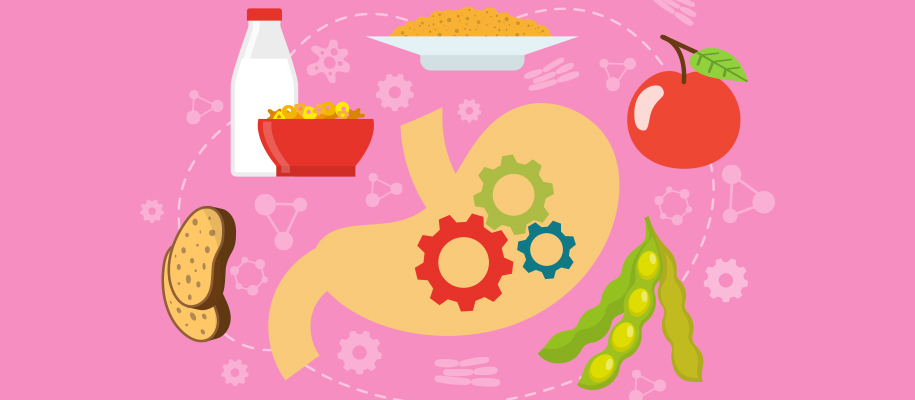
 By Dr. Liz Applegate,
By Dr. Liz Applegate,
Scientific Advisory Board member
“What you see is what you get.” Right? Well, not exactly when it comes to eating a healthful plate of food like veggies and lean protein or swallowing down some key dietary supplements. What you “see” isn’t what your body necessarily gets!! Fifty plus different nutrients and hundreds of protective compounds enter our body through the foods we eat. But there’s a catch. What and how much enters our body’s circulation and then cells depend upon the efficiency of our body’s digestive tract. Also, a host of other factors including our gut microbiome’s health and composition (types and variety of resident bacteria), and the presence or absence of “assistors” impact the digestion and assimilation process.
Super charge your diet by simply boosting digestive efficiency along with optimizing the body’s ability to assimilate nutrients from foods and dietary supplements you eat.Read More

